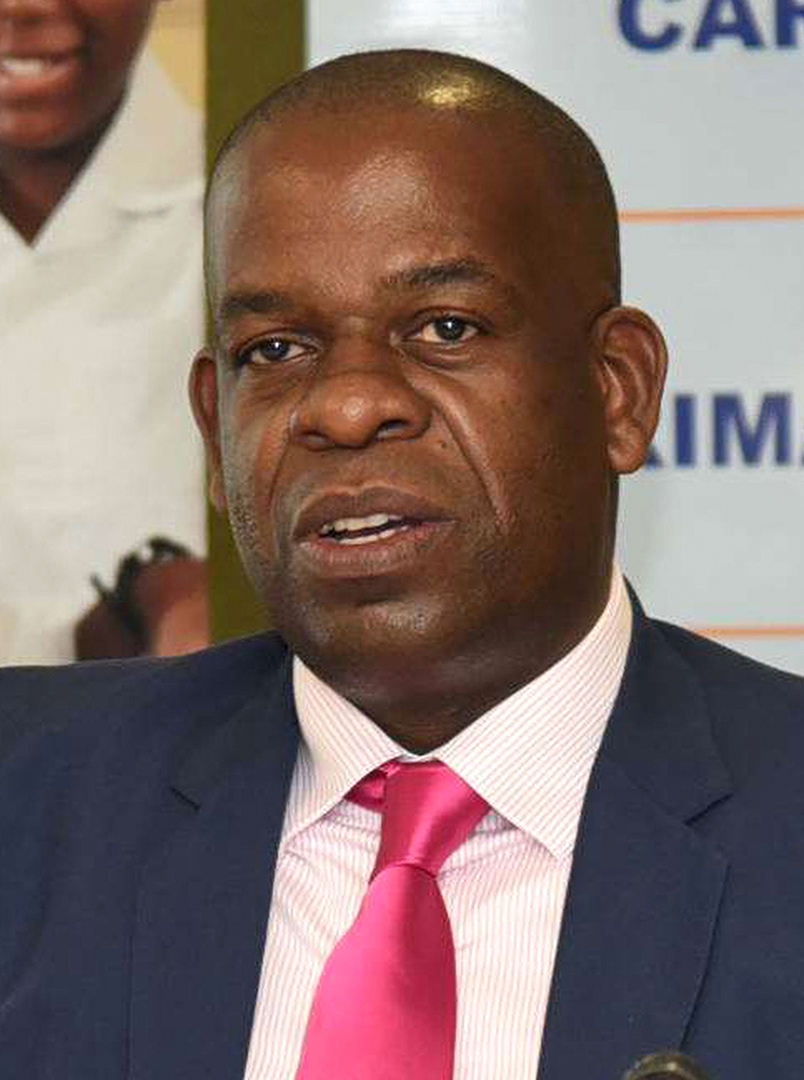(Trinidad Guardian) Minister in the Ministry of Education Dr Lovell Francis says T&T is facing a “watershed” economic moment and must develop its human capital if it is to survive economic ruin.
Speaking at Tobago’s second consultation on the Draft Education Policy Paper 2017-2012 at the Victor E. Bruce Financial Complex in Scarborough yesterday, Lovell said the country’s educators must create a policy to drive economic change.
He said, “Unless we take this education system that has a number of strengths but some critical weaknesses and we get it right now so that we produce that kind of student who will become that kind of citizen… that will create that kind of development that will lead to long-term prosperity … this nation is doomed.”
He added: “For the last two centuries …we had something that we could depend upon…it used to be sugar, (then) cocoa, and then oil – our crutch to lean on for the last 100 years…the days of oil and gas are numbered.”
Lovell said some nations thrive on their human resources that are “highly productive…and allows their society to thrive, evolve and prosper.”
He said although this country has people with ideas, creativity, thoughtfulness, it’s human resource suffered from “a lack of productivity, poor work ethic … (and) poor attitude towards ourselves and our country.”
Echoing similar sentiments, Chief Secretary Kelvin Charles, who gave also spoke at the consultation, added that parents must be “more involved” in changing the education system.
“I sometimes feel that stakeholder voices on educational issues are too muted and that our only highlight on some of the issues are what we think should reside at the level of the Education Division and the Ministry of Education.”
He asked: “Are school PTAs collusively loud and sufficiently articulate in demonstrating concerns in the extent of the respected standard of student performances, as you will agree with me that parents are an integral part of the education process?”
Minister of Education Anthony Garcia encouraged stakeholders to build on the system’s existing strengths.
He reminded them that this country meets most of the United Nation’s development of sustainable goals, including universal early childhood education, government-sponsored primary and secondary education and “tremendous” advances tertiary education.

